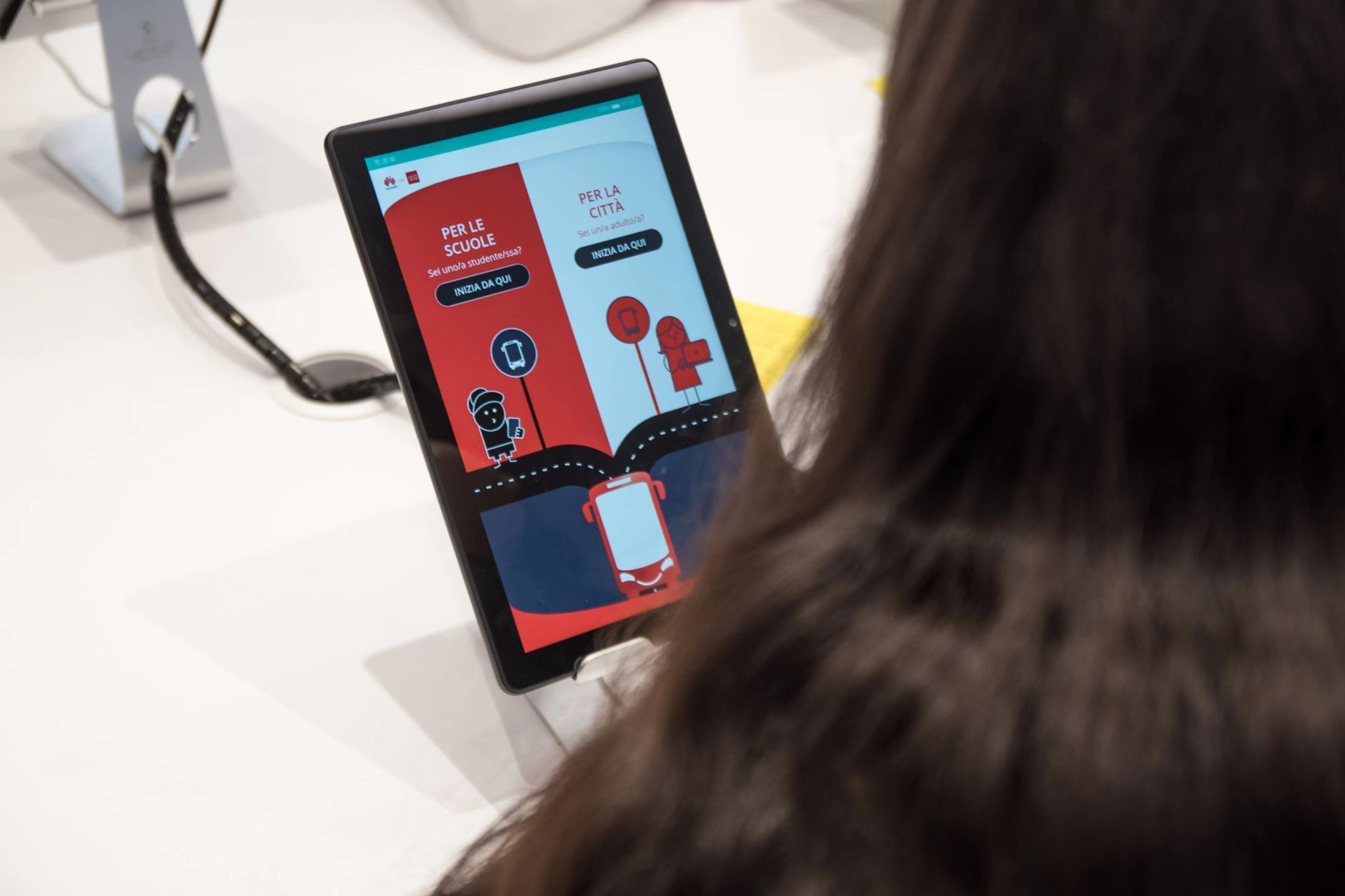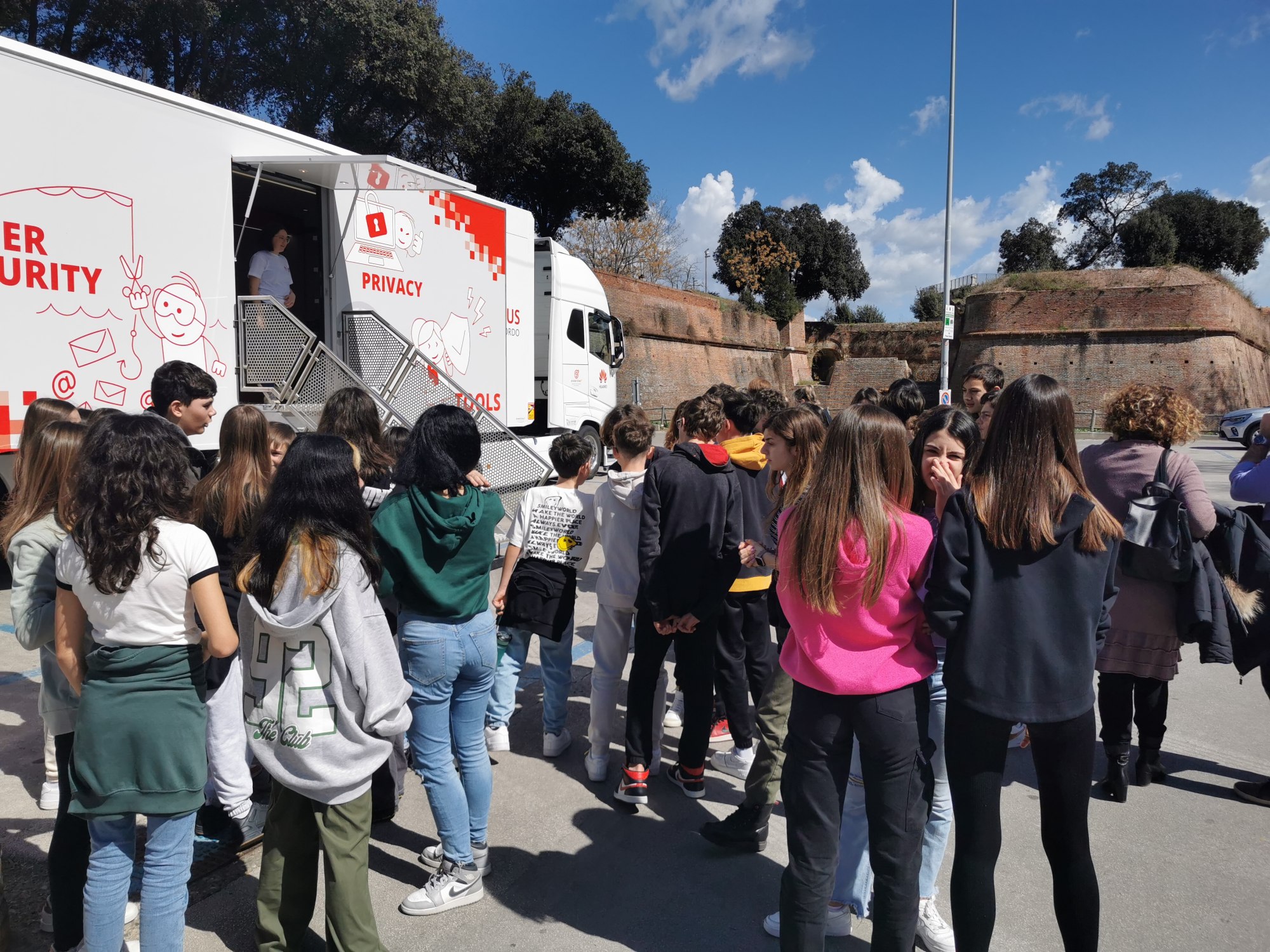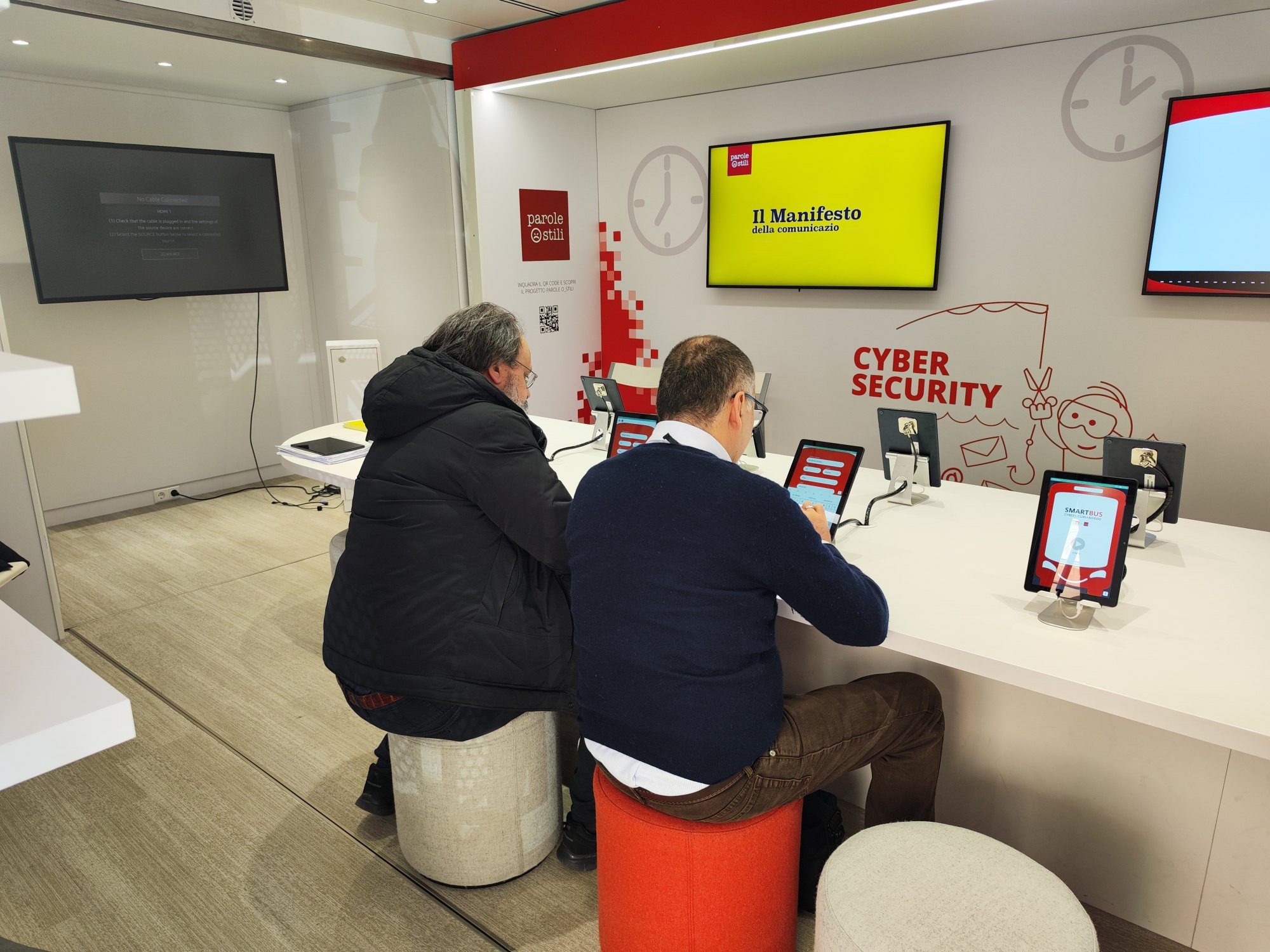Many young people around the world, including millennials born in the early 1980s to the late 90s and Generation Z born in the late 90s to early 2010s, have grown up surrounded by digital technology and are familiar with and comfortable with computers and their use. Internet.
These ‘digital natives’, as they are widely known, have experienced the popularization of social media and a rapid surge in smartphone adoption since the start of the new millennium. Today, almost anything – working, socializing, searching for information, finding a job, shopping, paying bills – can be done from anywhere in the world using smart devices.
However, being a digital native does not mean you are digitally proficient. This easy access to technology that provides seemingly limitless online connectivity poses a number of serious threats to unsuspecting users, including privacy breaches, cyberbullying, fraud, malware attacks, phishing, and identity theft.


Internet users who are still teenagers are particularly at risk. They won’t remember a time when their Wi-Fi connection was slow and often unstable. Their personal identities and social lives are inextricably linked to social media, making them even more vulnerable to cyberbullying. Young people may also lack awareness of the importance of keeping their data and personal information safe and how to protect it.
But governments around the world are aware of the growing problem, and the European Union (EU) is at the forefront of efforts to address this urgent problem. Last year, the political and economic circles of 27 member countries passed the Digital Services Act. The bill sets out rules for online platforms and search engines, particularly those with more than 45 million active users, to ensure that their content is accountable and that their terms of use and algorithms are fair and transparent.
These efforts are particularly important in regions such as the EU. By 2022, 96% of youth aged 16 to 29 say they use the internet daily and 84% say they use social media. The annual Safer Internet Day initiative, established in 2004 by the European Commission, the EU’s politically independent executive body, reminds the public of the importance of the issue.
Huawei Technologies, a leading global provider of information and communications technology infrastructure and smart devices, has long understood this global problem and is working to address it together with stakeholders such as non-profit organizations and government agencies.


In 2019, Huawei, through its subsidiary Huawei Europe, launched a smart bus initiative in the town of Sint-Truiden in Flanders, Belgium. This mobile learning center features interactive devices and a digital classroom to teach children ages 11 to 15 about cybersecurity, including how to surf the Internet safely, use social media, and identify and report issues. Such as cyberbullying. Through real-life examples, they learn about fake news and the need to fact-check information rather than believing everything they see, even if the source appears trustworthy.
SmartBus is part of Tech4All, an ongoing Huawei initiative launched in 2019 in line with the United Nations’ Sustainable Development Goals to transform the world. It also reflects the company’s vision and mission, and its commitment to “innovative technologies and solutions that make the world a more inclusive and sustainable place for all.”
By the end of last year, approximately 70,000 young people in Europe had benefited from the project, including in Spain, Portugal, Italy, France, Belgium, Luxembourg, the Netherlands, Iceland, Finland, Sweden and Norway.
But the plan involves more than simply driving SmartBus across Europe. Projects require complex logistics preparation, detailed planning, and a supporting ecosystem to make them successful.
A representative example is the Italian tour that ended last May. Huawei Europe initially mentioned the SmartBus initiative to Laura Di Raimondo, Secretary General of Astel, the Italian telecommunications industry association. She introduced the company to Rosy Russo, president and founder of Parole O_Stili, a nonprofit based in northern Italy that promotes digital education and communication for school systems across the country.


Support for initiatives from government ministries was also of utmost importance. Huawei Italy was able to gain the support of the National Police, which is responsible for not only tackling cybercrime but also educating the public about internet risks.
The company also has the backing of five regional governments and most of the 15 cities where SmartBus stops along the way, including Piedmont, Lombardy, Tuscany, Lazio and Novara, Turin, Pisa, Bergamo and Naples in the Campania region. Fondazione Piemonte Innova, a network of companies and public institutions, has also registered as a sponsor.
A comprehensive ecosystem not only helped set up the materials and resources needed for the project, but also ensured that SmartBus could visit the places most suitable for young people.
During each daily visit, a 45-minute session was organized for the children using digital tools and gamification methodologies applied to real online activities. An app developed specifically for the project by Parole O_Stili gave participants the opportunity to test their skills through quizzes using provided tablets and discuss their results with the educators who ran the sessions.
Over three months, SmartBus interacted with 4,500 children and 600 adults from 206 schools across Italy on the topic “Cybersafe on Board”.


The project has received praise from officials and policymakers, including Paola Frassinetti, Italy’s Deputy Minister of Education and Merit, mayors of many cities visited by the SmartBus initiative, and members of the Senate of the Italian Republic.
“The uniqueness of this project is that it involves a large-scale ecosystem. [around] It’s territory,” says Frassinetti. “The SmartBus report provides a very useful analysis of knowledge and cybersecurity while emphasizing the importance of education.” She added that she hopes to see more collaborations as the project has been loved by students in the country.
Russo says: “The data from this experience shows that the right path involves the joint participation of multiple social actors. [including schools, institutions, families, and the voluntary sector] It’s about fostering and supporting the digital growth of a new generation.”
Wilson Wang, CEO of Huawei Italy, says the SmartBus initiative is about investing in the future by making the digital world a better place for the next generation.
“Cybersecurity is not just about protecting company assets; it also means continuous and progressive education of our youngest citizens,” he says. “They will be tomorrow’s experts, helping every citizen become more informed, aware, and less vulnerable to the diverse threats lurking on the web.”


